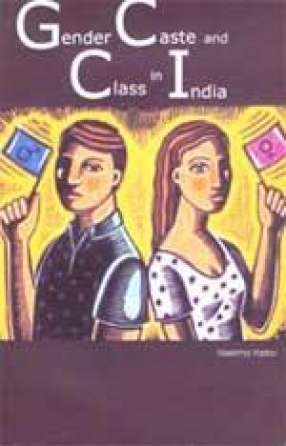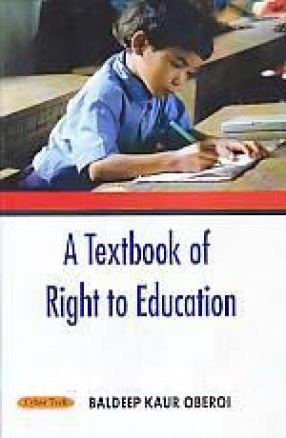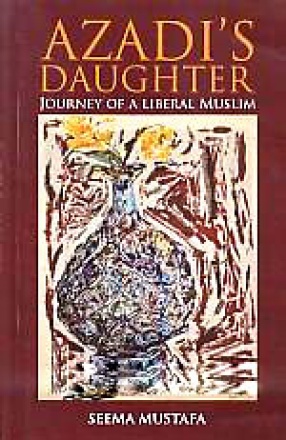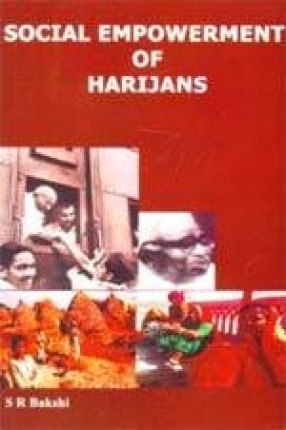An analysis of the status of women depends on an understanding of gender relations in a specific context. Examining gender relations as power relations makes clear that these are sustained by the institutions within which gender relations occur. For women, absence of power results in the lack of access to and control over resources, a coercive gender division of labour, devaluation of their work, and a lack of control over their own labour, mobility as well as sexuality and fertility. Gender equality thus demand substantive tansformation, a set of policies and conditions created by the state that facilitate the reallocation of resources, thereby increasing women’s control over resources that confer power at individual, househod, and societal levels. transformation for gender equality envisages the empowerment of women, requiring conditions that enable women to exercise their autonomy; it also envisages a process of self-empowerment, in which women regain to re-examine their lives critically and collectively. While the former involves the facilitation of women’s access to and control over resources, the later emphasizes women’s agency in seeking greater access and control. Measures of gender equality therefore require an assessment of the degree to which resources have been redistributed; whether state policy has facilitated women’s autonomy and the extent to which unequal gender relations have been transformed. Contemporary India’s political landscape is characterized by a great deal of social upheaval. This is the result of growing democratic consciousness which is increasingly conflicting with the forces of domination, authoritarianism and hegemony. The control of women’s physical mobility, a crucial aspect of status, is also influenced by caste, class, religious, and community strictures. While women’s physical mobility my increase with their entry into the labour force, it also makes them vulnerable to assault, molestation, and rape. This book looks into the dynamic interconnection of class, caste and gender in the Indian political systems. The complex issues of caste, gender and class have been studied through a collection of chapters that look into the people’s struggle for social equality. Social oppression has been analysed in the context of protests against such exploitation. Anti-caste movements and women’s movements have been studied in much details. The book also is divided into eleven chapters. This important book will contribute immensely in the understanding of the contemporary Indian gender analysis. Gender, caste, and class in India demonstrates that caste and class processes cannot be fully addressed without considering their interrelationship with gender.
A Textbook of Right to Education
$44.10
$49.00





There are no reviews yet.